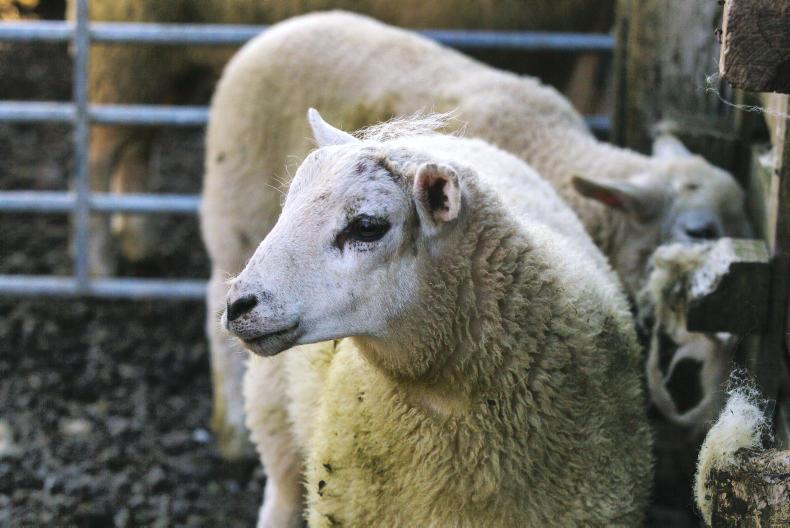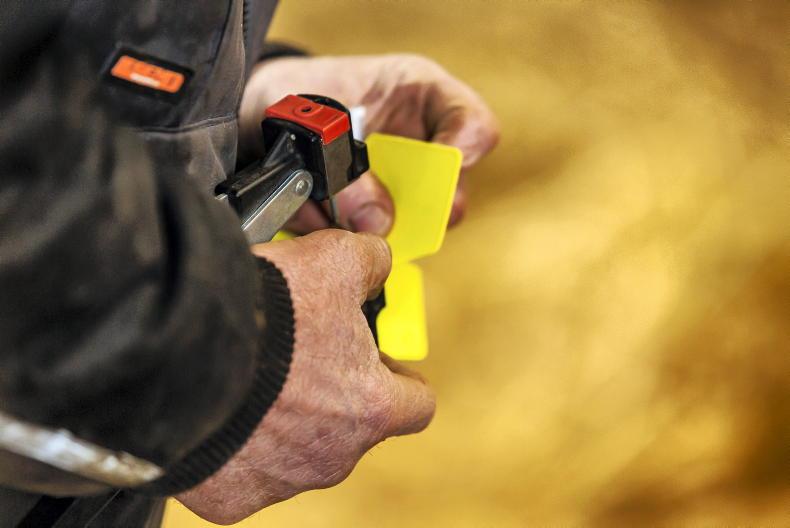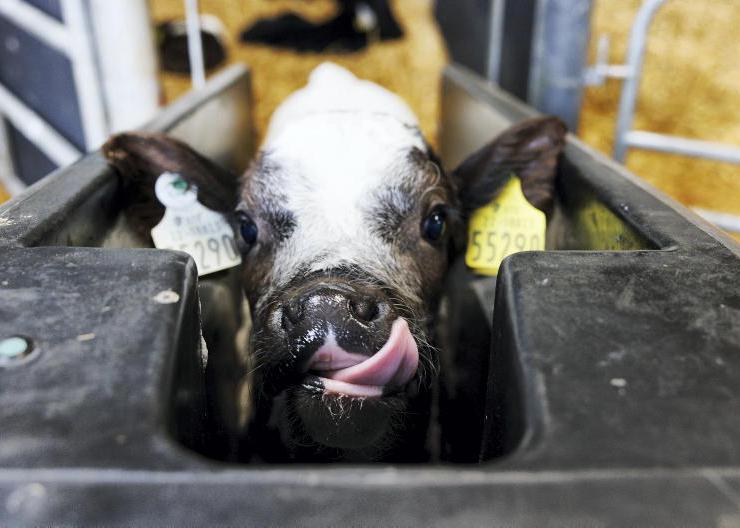Dealers and third parties have been found to be the main cause of “significant deficiencies” in the acceptance, identification and traceability of sheep meat to factories, according to a Food Safety Authority of Ireland (FSAI) report.
An audit was undertaken by the FSAI between June and September last year, with the results published this week.
1.8% of sheep supplied by dealers had no tags
The audit highlighted “significant numbers of sheep that are not traceable to their farm of origin”.
Invalid tags or a lack of tags in some cases was found to be an issue in many slaughterhouses.
“In one of the slaughter establishments audited, 0.9% of sheep presented in the slaughter hall did not have a tag and 1.8% of sheep supplied by dealers had no tags,” the report stated.
“A significant number of ear tag numbers recorded on dispatch documents which had accompanied animals for slaughter were found to be invalid when checked against the AIM database.”
Corrective action was cited as the introduction of Electronic Identification (EID) tagging by 1 October this year, and sheep coming from Northern Ireland where EID is already in place were found to have fewer traceability issues.
EID tagging remains a contentious issue, with many farmers arguing that they will have to bear the cost of an additional and more expensive form of tagging.
The IFA has insisted that a subsidy should be provided to help farmers buy EID tags.
Read more
Calls for Department to subsidise EID tagging
Graphic images: sheep cut up in ‘gruesome’ attack
Dealers and third parties have been found to be the main cause of “significant deficiencies” in the acceptance, identification and traceability of sheep meat to factories, according to a Food Safety Authority of Ireland (FSAI) report.
An audit was undertaken by the FSAI between June and September last year, with the results published this week.
1.8% of sheep supplied by dealers had no tags
The audit highlighted “significant numbers of sheep that are not traceable to their farm of origin”.
Invalid tags or a lack of tags in some cases was found to be an issue in many slaughterhouses.
“In one of the slaughter establishments audited, 0.9% of sheep presented in the slaughter hall did not have a tag and 1.8% of sheep supplied by dealers had no tags,” the report stated.
“A significant number of ear tag numbers recorded on dispatch documents which had accompanied animals for slaughter were found to be invalid when checked against the AIM database.”
Corrective action was cited as the introduction of Electronic Identification (EID) tagging by 1 October this year, and sheep coming from Northern Ireland where EID is already in place were found to have fewer traceability issues.
EID tagging remains a contentious issue, with many farmers arguing that they will have to bear the cost of an additional and more expensive form of tagging.
The IFA has insisted that a subsidy should be provided to help farmers buy EID tags.
Read more
Calls for Department to subsidise EID tagging
Graphic images: sheep cut up in ‘gruesome’ attack










SHARING OPTIONS